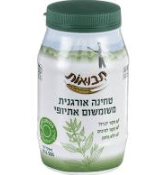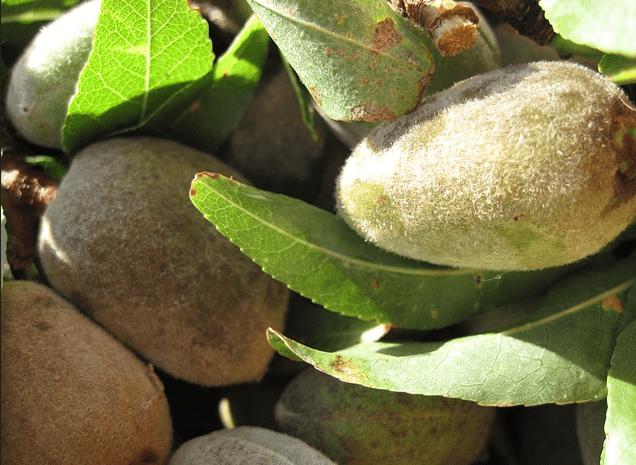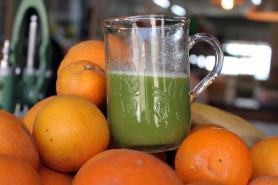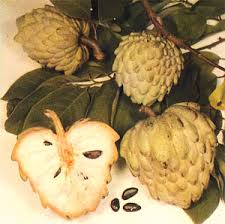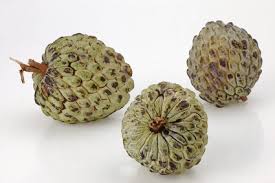Tahini stands out as one of the rare culinary delights to make the leap from the local Middle Eastern kitchen to the global culinary stage. Its journey is a fascinating tale, captivating even the palates of Michelin-starred chefs.
Taking into account that tahini is essentially just ground sesame seeds, its journey becomes even more remarkable. This enduring simplicity in tahini preparation has persisted virtually unchanged for at least five millennia.
The first records of sesame cultivation for tahini can be traced back to Mesopotamia, the northern region of present-day Iraq. Even in the olden days, it rose to prominence, with Herodotus, often called the father of history, referencing it as a staple food in Mesopotamia.
From its origins, tahini spread across the Middle East, preserving its authentic essence. The very name, rooted in Arabic, reverberates with its ancient heritage, symbolizing the traditional process of crafting the paste through meticulous grinding.
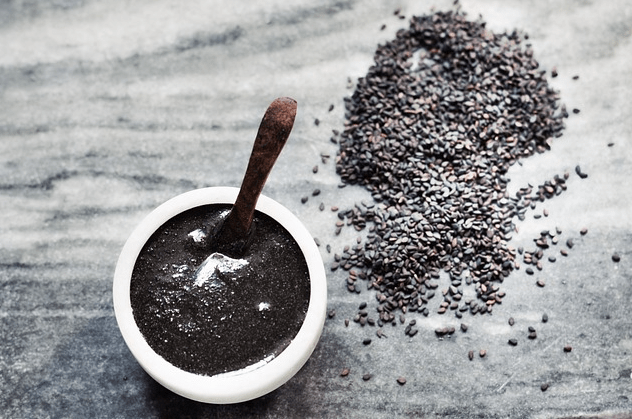
And it hasn't changed much. While there are various methods of preparing tahini, some involve peeling the seeds, while others grind them in their natural form. However, the fundamental principle remains consistent: taking sesame seeds and grinding them into a paste.
Indeed, there are compelling biological reasons behind the enduring tradition that has elevated tahini to the status of a cherished cornerstone in Middle Eastern cuisine. Tahini boasts an abundance of heart-healthy unsaturated fats, essential proteins, and a wealth of vitamins and minerals, including calcium, making it a nutritional bonanza. However, what truly captures attention are the calming and mood-lifting effects attributed to it by many.
Sesame seeds contain phenylalanine, which is converted into tyrosine in the body.
Why is this important?
Because tyrosine plays a vital role in the production of dopamine, the hormone associated with feelings of happiness. Therefore, tahini can be regarded as a natural Prozac, as it has the potential to increase dopamine levels, promoting a sense of well-being and happiness.
Tahini isn't just the perfect condiment (mix with water, squeeze some lemon, sprinkle salt, and blend); it's also the base for Middle Eastern dishes like hummus and Sinia and desserts like halva.
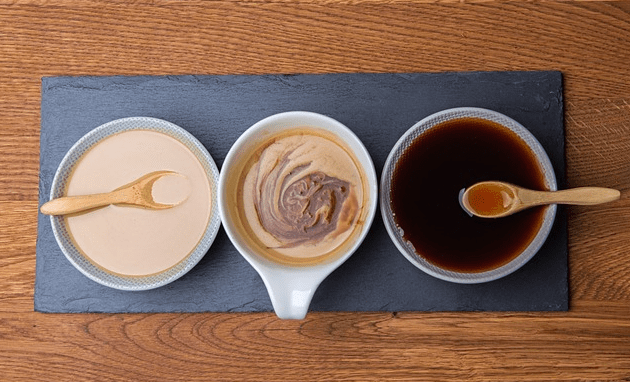
Tahini's distinct and refined flavor has the remarkable ability to enhance almost any dish, making it a favorite among culinary pioneers in the Western world.
Tahini adds a refined flavor that elevates almost anything, explaining its adoption by taste innovators in the Western world and its presence in upscale restaurants. Its versatility and rich taste have led to its widespread adoption in upscale restaurants
Someone once said there's a certain age when you swap ketchup for tahini.
My age is a closely guarded secret, but for many years now, I've been adding tahini to just about everything.
After providing an overview of tahini, I'd like to be more specific. Because the tahini we offer is truly exceptional. Our product is organic tahini by Tvu’ot, made from sesame seeds grown in the Humera region of Ethiopia, renowned for producing some of the highest quality sesame seeds in the world.

